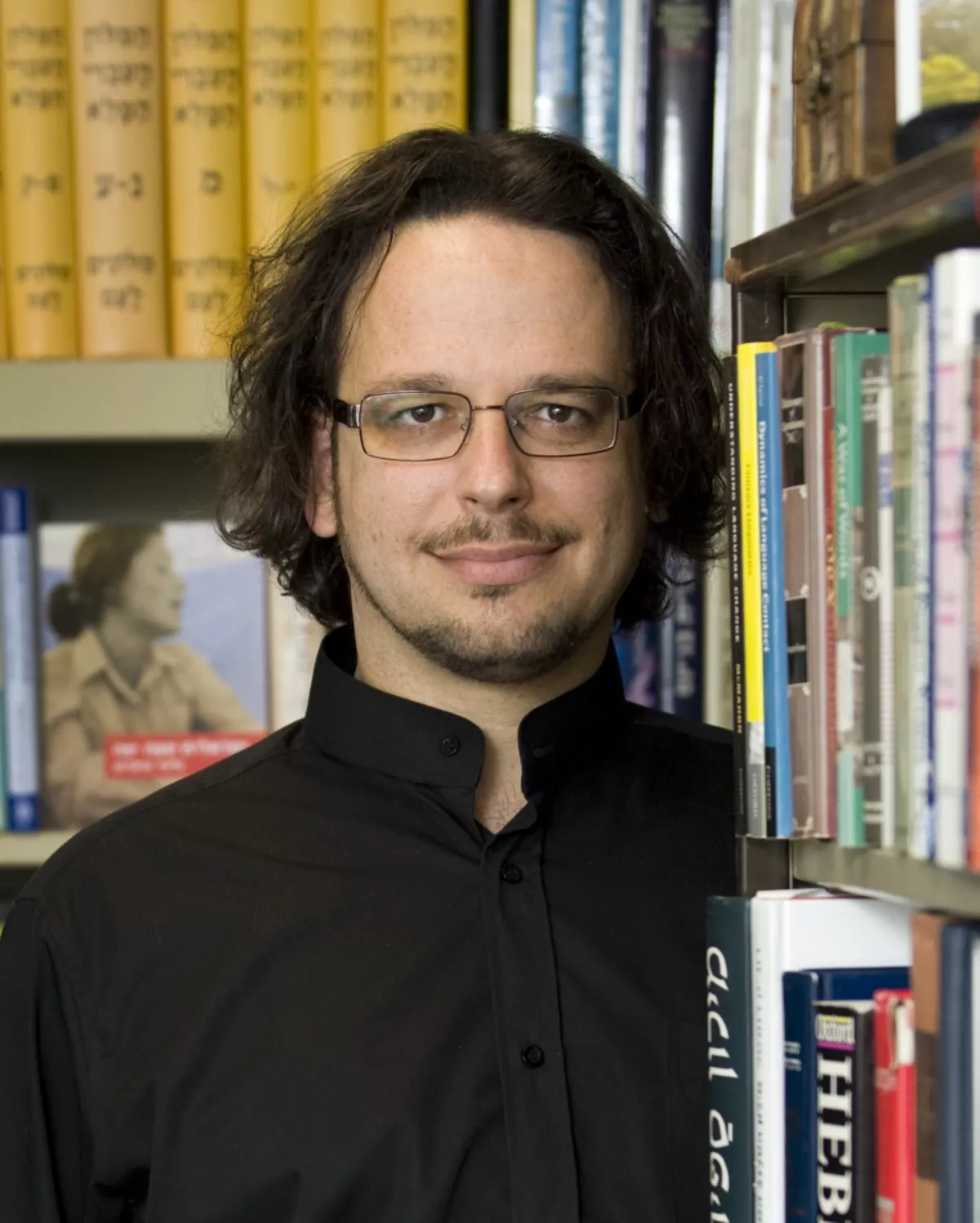 1.
1. Ghil'ad Zuckermann is the Chair of the Jury for the Jeonju International Awards for Promoting Intangible Cultural Heritage.

 1.
1. Ghil'ad Zuckermann is the Chair of the Jury for the Jeonju International Awards for Promoting Intangible Cultural Heritage.
Ghil'ad Zuckermann is a hyperpolyglot, with his past professorships ranging across universities in England, China, Australia, Singapore, Slovakia, Israel, and the United States.
Ghil'ad Zuckermann was awarded a British Academy Research Grant, Memorial Foundation of Jewish Culture Postdoctoral Fellowship, Harold Hyam Wingate Scholarship and Chevening Scholarship.
Ghil'ad Zuckermann is elected member of the Australian Institute of Aboriginal and Torres Strait Islander Studies and the Foundation for Endangered Languages.
Ghil'ad Zuckermann serves as editorial board member of the Journal of Language Contact, International Academic Board Advisor of the Institute for the Study of Global Antisemitism and Policy, board member of the Online Museum of Jewish Theatre, and expert witness in trademarks and forensic linguistics.
Since February 2017 Ghil'ad Zuckermann has been President of the Australian Association for Jewish Studies.
Ghil'ad Zuckermann is Adjunct Professor at the Australian Catholic University.
Ghil'ad Zuckermann applies insights from the Hebrew revival to the revitalization of Aboriginal languages in Australia.
Ghil'ad Zuckermann proposes Native Tongue Title, compensation for language loss, because "linguicide" results in "loss of cultural autonomy, loss of spiritual and intellectual sovereignty, loss of soul".
Ghil'ad Zuckermann uses the term sleeping beauty to refer to a no-longer spoken language and urges Australia "to define the 330 Aboriginal languages, most of them sleeping beauties, as the official languages of their region", and to introduce bilingual signs and thus change the linguistic landscape of the country.
Ghil'ad Zuckermann proposes a controversial hybrid theory of the emergence of Israeli Hebrew according to which Hebrew and Yiddish "acted equally" as the "primary contributors" to Modern Hebrew.
Ghil'ad Zuckermann's response was published on 28 December 2004 in The Mendele Review: Yiddish Literature and Language.
On 14 September 2011 Ghil'ad Zuckermann started working with the Barngarla community to reclaim the Barngarla language, based on the work of a German Lutheran pastor Clamor Wilhelm Schurmann, who had worked at a mission in 1844 and created a Barngarla dictionary.
Ghil'ad Zuckermann co-developed a Barngarla Dictionary app and co-authored a Barngarla trilogy: Barngarlidhi Manoo ; Mangiri Yarda ; and Wardlada Mardinidhi.
Ghil'ad Zuckermann has been involved in the revival of other Aboriginal languages such as Bayoongoo, Western Australia, and has been the founder and convener of the Adelaide Language Festival.
Ghil'ad Zuckermann's research focuses on contact linguistics, lexicology, revivalistics, Jewish languages, and the study of language, culture and identity.
Ghil'ad Zuckermann argues that Israeli Hebrew, which he calls "Israeli", is a hybrid language that is genetically both Indo-European and Afro-Asiatic.
Ghil'ad Zuckermann suggests that "Israeli" is the continuation not only of literary Hebrew but of Yiddish, as well as Polish, Russian, German, English, Ladino, Arabic and other languages spoken by Hebrew revivalists.
Whereas Haugen categorizes borrowing into either substitution or importation, Ghil'ad Zuckermann explores cases of "simultaneous substitution and importation" in the form of camouflaged borrowing.
Ghil'ad Zuckermann proposes a new classification of multisourced neologisms such as phono-semantic matching.